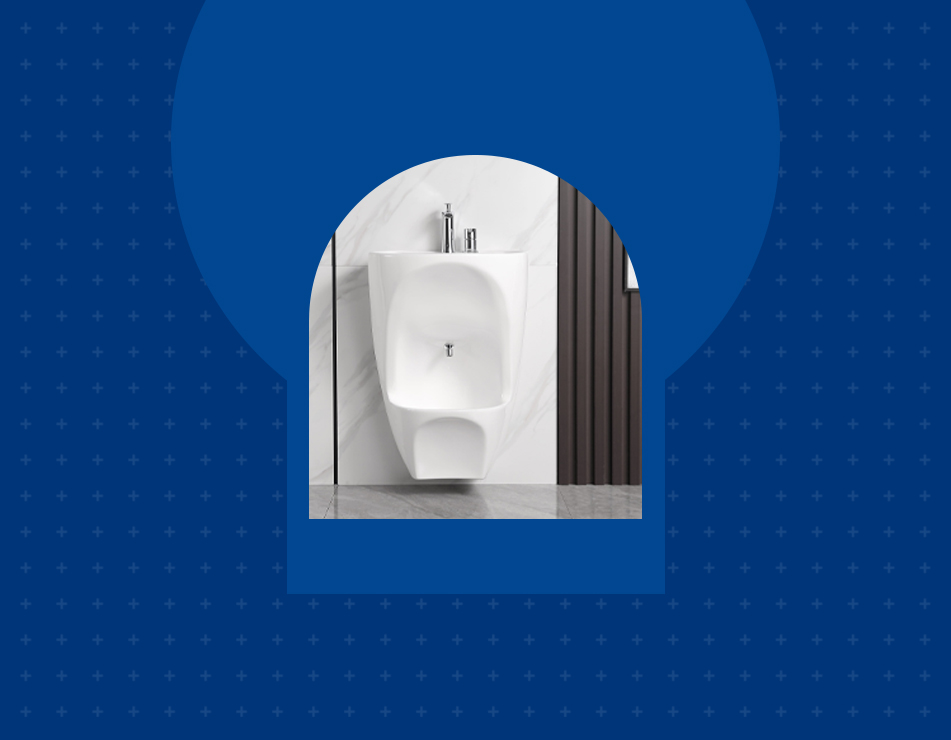In an era where inclusivity is ever more a mark of thoughtful design, commercial spaces are being reshaped to accommodate a global and diverse clientele. Gone are the days when design could be solely about aesthetics; now, it is also about creating spaces that reflect the values of accessibility, respect, and cultural sensitivity.
One of the most unsung but significant details that work to achieve such inclusivity is the inclusion of Wudu-friendly basins by WuduWash. Not only do these thoughtfully designed fixtures address the religious practice of Muslim clients, but they also speak to a broader commitment to making all individuals feel welcome, respected, and considered in the space they occupy.
In this blog, we explore the growing relevance of Wudu facilities in the UK, in commercial spaces and how they assist in the creation of a more inclusive and functional design.
What Are Wudu-Friendly Basins?
Wudu, a ritual wash performed by Muslims before prayers, requires special cleanliness and comfort provisions. A Wudu-friendly basin is designed with the user's comfort and accessibility in consideration, offering the best water flow, seating provisions, and ergonomic features to ensure convenience while washing. Such basins are not just fixtures but vital components of a space that encourages inclusivity and caters to the needs of multicultural communities.
As companies and organizations globally continue to realize the need to cater to people of different backgrounds, providing Wudu-friendly basins on business premises is essential to ensure inclusivity. By rendering the setting convenient for employees, clients, and visitors who observe Wudu, these basins facilitate the effortless incorporation of cultural practice into a business's daily operations and create an inclusive atmosphere.
The Practical Benefits of Wudu-Friendly Basins
The benefits of Wudu-friendly basins are not merely those of cultural inclusivity but also practical advantages that could potentially enhance the design and usability of any commercial building.
● Space Efficiency:
Every inch matters in commercial areas with heavy foot traffic. Wudu-friendly basins are typically compact and space-efficient, making them ideal for space-constrained environments such as office buildings, shopping malls, or airports.
● Ergonomics and Accessibility:
The Wudu-friendly basins are made with the user's comfort in mind. They come equipped with adjustable seating and easily accessible water taps, making them accessible for individuals with disabilities, the elderly, or people with limited mobility.
● Sustainability:
Modern Wudu-friendly basins are equipped with water-saving devices that minimize wastage, contributing to a commercial facility's sustainability goals. This aspect particularly appeals to companies that wish to incorporate green principles into their designs.
● Aesthetic Versatility:
While functionality is most important, Wudu-friendly basins are designed to easily blend into modern commercial settings. They are available in various styles and can complement any decor, so inclusivity need not come at the cost of good looks.
Creating a Welcoming Space for All
Customer satisfaction is every business's first preference. Commercial entities that accommodate their customers' religious and cultural needs are more apt to gain stronger affiliation, loyalty, and trust. Creating Wudu-friendly facilities shows a genuine effort to respect and cater to individuals' diverse needs so that they may continue with their activities without any undue hindrances.
An inclusive environment, such as one with Wudu-friendly basins, also conveys the message to both employees and customers that they are valued and respected. Such an environment develops a positive atmosphere in which people from all backgrounds feel comfortable and able to succeed, whether they are shopping in a mall, working in a corporate office building, or visiting a hotel or airport.
Conclusion
In conclusion, including Muslim ablution facility in commercial spaces is an impactful example of how thoughtful design can help bridge cultural gaps and create a more inclusive, accessible, and welcoming environment for all. Businesses that embrace inclusive design benefit from increased customer loyalty and staff satisfaction and contribute to creating a more united and diverse society.
In the future, the role of Wudu-friendly basins by WuduWash in shaping inclusive commercial spaces will continue to play an essential part in promoting respect, diversity, and cross-cultural understanding across the globe.
Visit the websites of the related agencies, to know more.
.svg)









